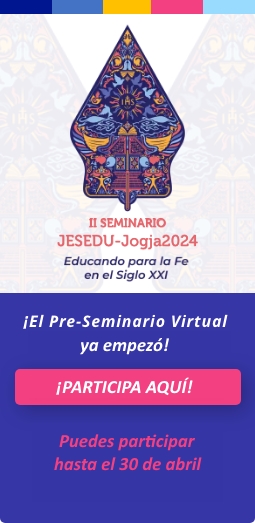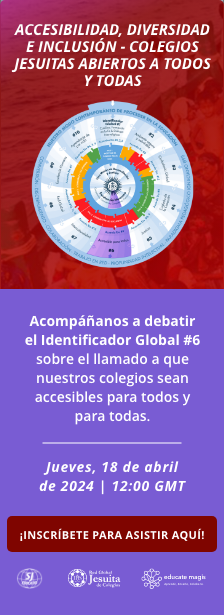Across the globe, the coronavirus pandemic is threatening to undo many years of progress made on poverty, education, healthcare, and even plastic pollution. Covid-19 has not only killed people, it has increased joblessness, hunger, and dropout risk for vulnerable learners. No matter how daunting the threat is, though, we know that the flip side of threat is opportunity.
Rather than seeing the pandemic as a disruption, a long period of uncertainty and difficulty, which in a way it is, we need to engage it and not just wait for the so-called normal time before we act,” said Jesuit Conference of Asia Pacific (JCAP) President Fr Tony Moreno SJ.
Fr Moreno addressed JCAP Jesuits and collaborators in social ministry gathered over Zoom for conversations on the Universal Apostolic Preferences (UAP) in a time of pandemic and beyond. In his words, the current crisis, which is the worst human and economic crisis of our lifetime, is also “the centre stage upon which our Universal Apostolic Preferences and the JCAP plan must be rooted and contextualised”.
The two-hour conversations, which were held on Monday and Wednesday, 24 and 26 August, and will continue on Friday, 28 August, have the participants exchanging ideas and reflections on key opportunities and challenges along the lines of the UAPs, namely, spirituality and religion, the poor and vulnerable, youth, and ecology.
And while the challenges facing people from disadvantaged socioeconomic backgrounds, migrants, and indigenous peoples loomed over the discussions as they often do, the reflections of the participants all the more underscored the inequality of people in adapting to the new normal.
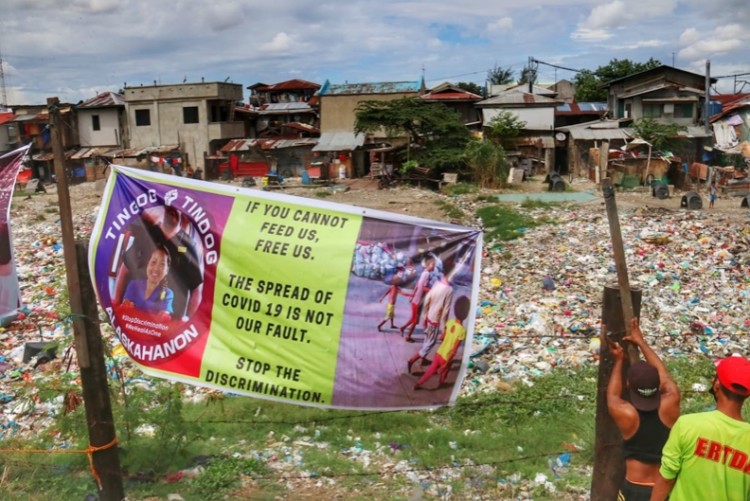
Many [lower-income] communities feel they are further marginalised, further discriminated against, and do not receive adequate support in order to comply with the lockdown and mobility restrictions,” Dr Ronald U Mendoza, Dean of the Ateneo School of Government at the Ateneo de Manila University in the Philippines, shared on the impact of Covid-19 on vulnerable groups.
A stark example of this is the transition to online learning, which is seen as critical to stymying the spread of the coronavirus, but has left millions of students unable to adapt well. In Asia, the digital divide is deep. Countries like Singapore, Brunei, and Malaysia have an Internet penetration rate of over 80 per cent, while in Myanmar and Vietnam the figure is only half of that. Many of the students in Jesuit schools within JCAP, especially those in the villages, have no wired broadband connection at home, and for families that have wireless subscription, data plans aren’t sufficient for online learning.
For Jesuit schools this is a challenge to “customise” learning, said Fr Mutiara Andalas SJ, Lecturer on Spirituality and Religion at Sanata Dharma University in Yogyakarta, Indonesia. Many of their students come from low and middle class families, and online learning needs to be managed to fit their situation. “For instance,” he said, “we decided that only half of our online classes will require video conferencing.” Other times students are given activities to do at home, and when they are required to download materials, they are provided with an option to download at lower resolutions.
Still, online education should not miss out on the human element. “The migration of learning from offline to online invites Jesuit schools to create intimacy despite the distance,” stressed Fr Andalas.
Teaching online can sometimes focus too much on transferring materials and little on the importance of building relationships with our students. We need to adapt online teaching to go beyond just teaching.”
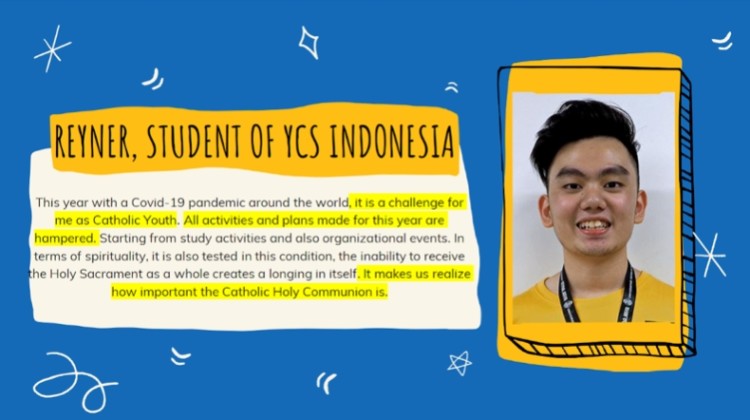
Connection is particularly important for young people, many of whom are dealing with feelings of panic, fear, and anxiety. Lisa Pudji Astuti, Lecturer at Atma Jaya University in Jakarta, Indonesia, said young people explore their personal and social identities in their peers and families. With the lockdowns, they are feeling less motivated, confused, and bored. Young people in the Church say they miss the Eucharist and participating in church activities, yet also know how to think creatively and are using platforms like Facebook, Twitter, and Instagram to start advocacy campaigns. According to Astuti, many young people claim the pandemic has made them more helpful and kinder to the environment.
The ecological crisis remains a global threat that deserves the same urgent response we are seeing with the Covid-19 crisis. Economy and ecology share the same root, “eco” (home). “Without home, there will be no economy,” said Sue Martin, Australian Jesuit Province Reconciliation with Creation Project Coordinator and JCAP Assistant Coordinator for Reconciliation with Creation.
The pivotal shift on how we will have a new economy is going to be critical. Collectively we can help shift the conversation.”
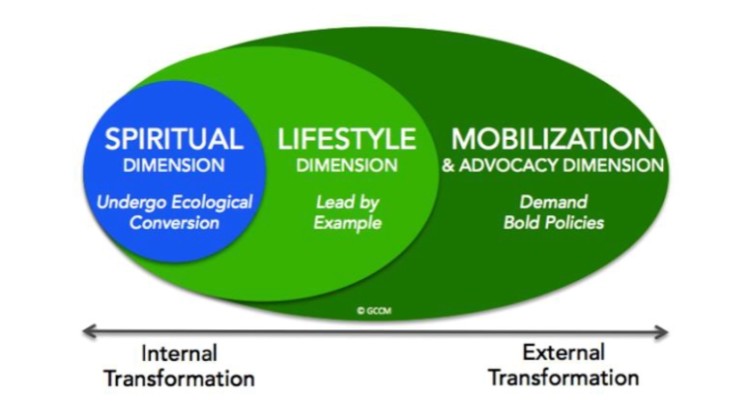
The demands for mission of the Society of Jesus entails finding a space where education, advocacy and action interact, said Martin, but before that can happen we need to find conversion opportunities on a personal, communal, and institutional level. “Before we can build our mission we first need to build our discipleship,” she said.
Fr Andalas went further to say that the pandemic, in its depth, is a matter of spirituality.
Spirituality mainly relates to mobility, ability, resilience, and hope,” he said. “The experience of St Ignatius Loyola living amid a plague and consoling patients in a hospital church makes our picture of him holistic.”
Inicia sesión o Hazte miembro
para crear y ver comentarios
